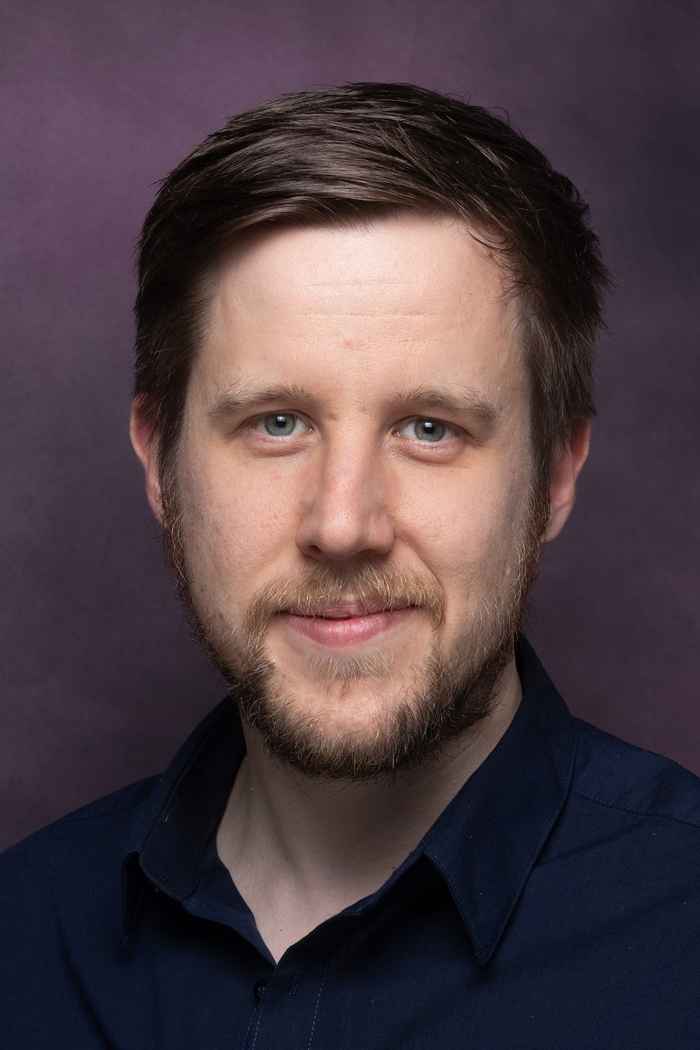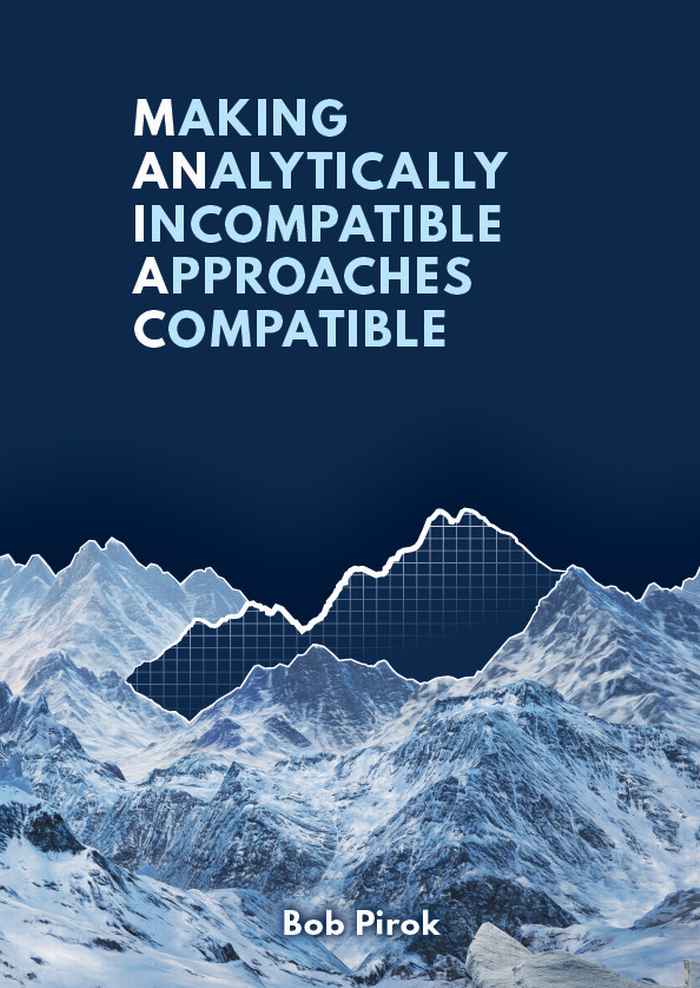Veni grant for analytical scientist Bob Pirok
15 April 2022

The Veni grants are part of the Talent Scheme of NWO and are aimed at excellent researchers who have recently obtained their doctorate.
The grants of up to € 280,000 confirm the quality and innovative nature of their research and help to further establish themselves in their field over a three-year period.
A powerful separation technique
Liquid chromatography is a separation technique that is of great importance to society both in the public and private sector. It has seen tremendous technological advancements and is crucial in obtaining detailed information on the composition of samples in such diverse areas as materials research and development, art historical research, development of pharmaceuticals, environmental analysis and many others. In fact, it is the single largest field of analytical science in terms of people involved and money spent.
Despite the size and relevance of the field, however, separations are often performed under sub-optimal conditions and in many cases the full technological potential remains untapped. This is in particular because optimizing analytical procedures requires the work of experts which is not only costly (often more expensive than the instrumentation itself) but also takes too much time for pressing issues at hand. Consequently, the applied methods can be inefficient, lack high separation power, and provide insufficient information to fully understand complex samples.
Unleashing the potential
With his Veni research, Bob Pirok wants to drastically improve the contemporary analytical science method by reducing the need for human experts. In his project 'Unleashing the Potential of Separation Technology for Achieving Innovation in Research and Society (UPSTAIRS)' he will develop open-source algorithms that, amongst others, facilitate data processing and automate the selection of a large number of parameters and their simultaneous optimisation. For this, he will combine chemical/chromatographic theory as well as computer science discoveries such as machine learning.
Ultimately, the algorithms will enable a control computer to directly interact with the analytical instrumentation and interpret the resulting methods to then propose and evaluate a better method. According to Pirok, 'a computer can do all this much more effectively than a human being, so that it takes far less time to develop an optimal method. This will bring the full potential of modern separation technology to society.'
Bob Pirok obtained his MSc in Chemistry at the University of Amsterdam (UvA) in 2014. He worked for a short period at Shell Global Solutions before starting his PhD research with Prof. Peter Schoenmakers of the Analytical Chemistry research group at UvA. He obtained his doctorate in 2019 in the context of the MAnIAC project (Making Analytical Incompatible Approaches Compatible). He received his degree with the distinction cum-laude and his thesis features fourteen peer-reviewed papers. Pirok received the Shimadzu Young-Scientist Award at HPLC2015 Beijing, the Young-Scientist-Award Lecture during the SCM-8 meeting in Amsterdam in 2017 and the Csaba Horváth Young-Scientist Award at HPLC2017 Prague. In 2018, he was awarded the Journal of Chromatography A Young-Scientist Award. He was featured in the 2021 edition of the 'Power List' compiled by the magazine The Analytical Scientist. Bob Pirok currently holds a tenure track assistant professorship at the Analytical Chemistry research group at UvA and is a visiting research professor at the Gustavus Adolphus College in St Peter, Minnesota, United States.
Read more
- Bob Pirok reflects on his field of research in The Analytical Scientist
- Research group Analytical Chemistry
- Centre for Analytical Sciences Amsterdam
- All Veni laureates
